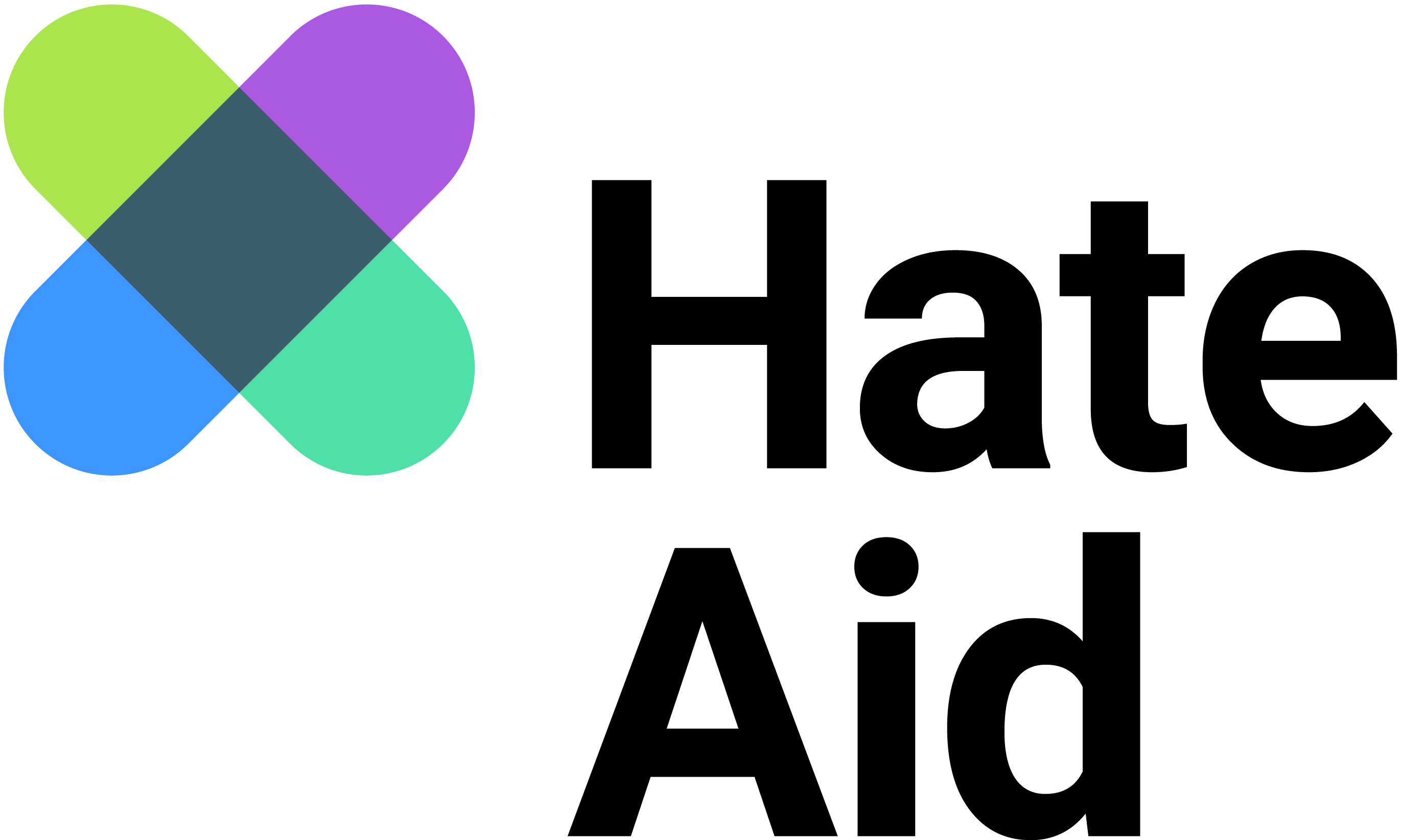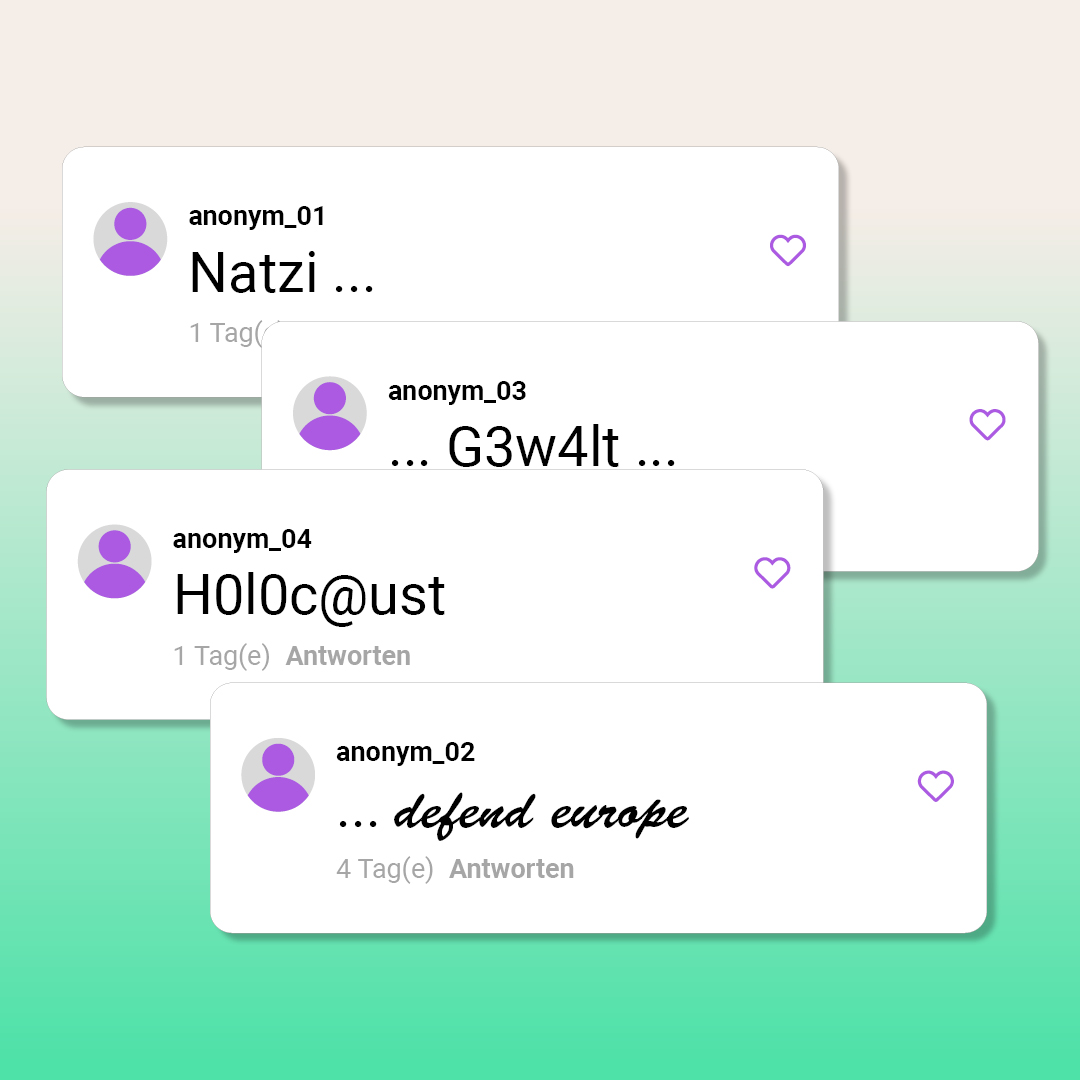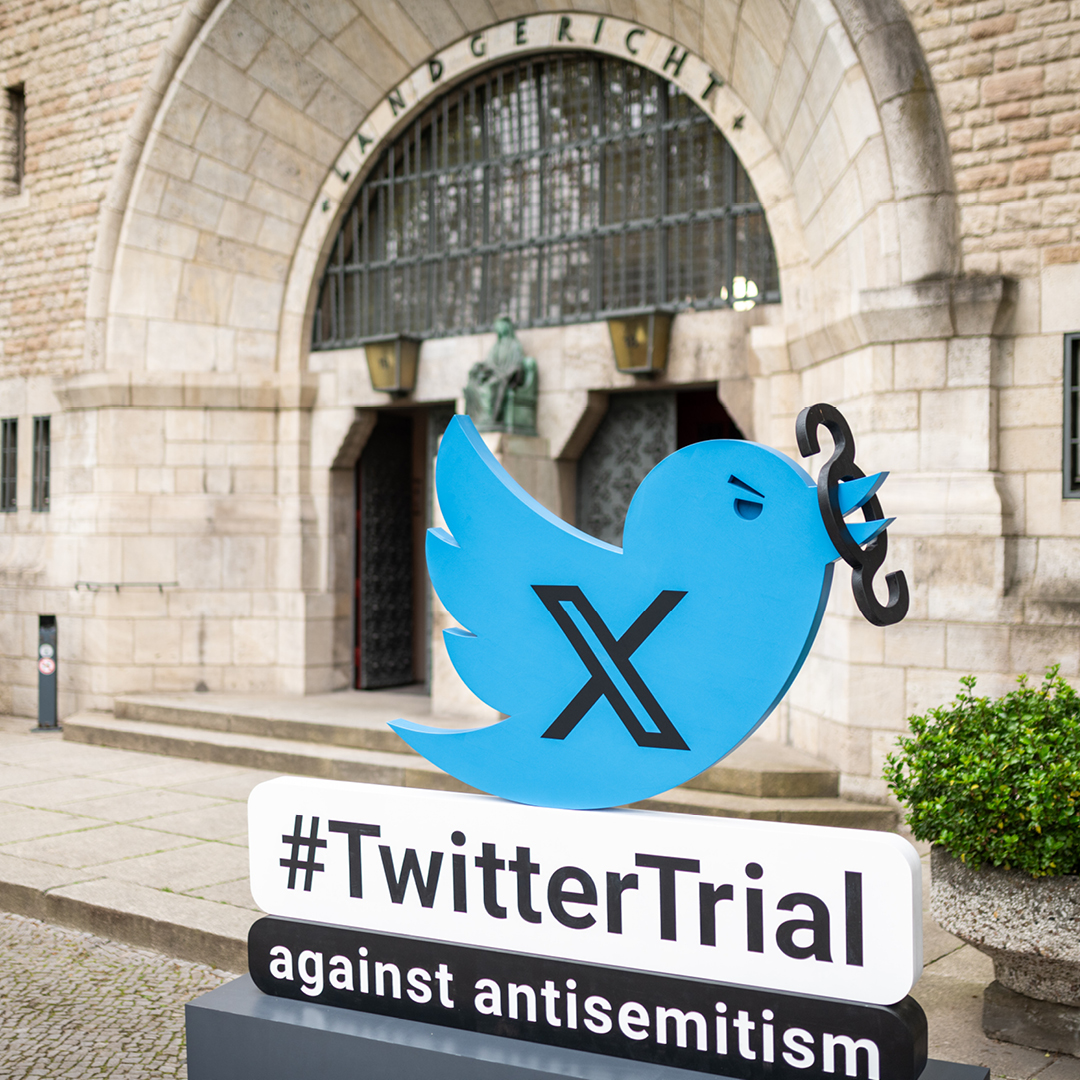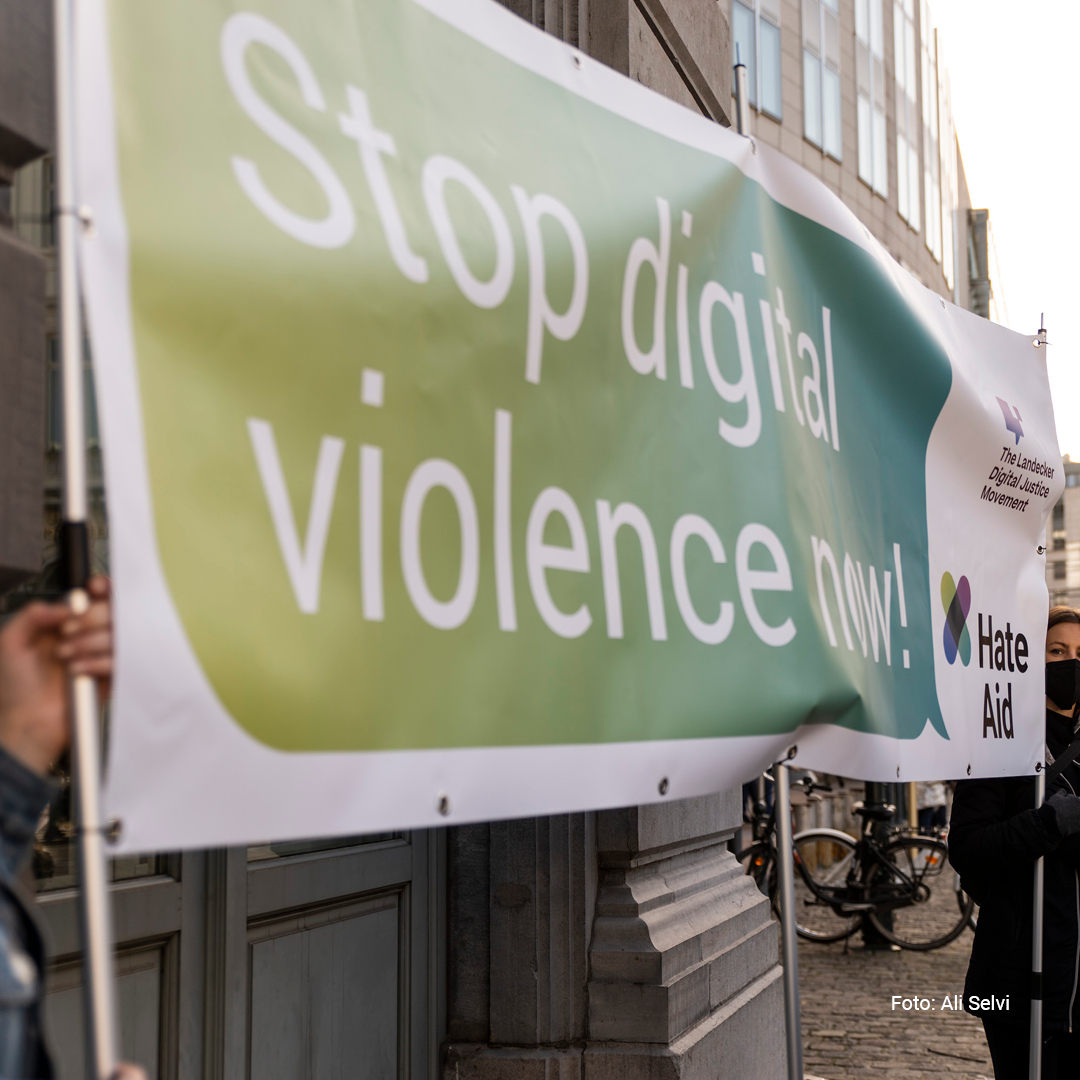Digital Services Act: Barely Any Protection for Victims of Digital Violence
The Digital Services Act is currently being negotiated in Brussels. This act could regulate the relationship between large social media platforms and their users in a new way. However, the current draft falls short of expectations and offers little protection to those affected by digital violence.
This week, negotiations on the draft of the Digital Services Act (DSA) began in the European Parliament’s Committee on Internal Market and Consumer Protection. The aim of the new platform law is to create more security and responsibility in the digital space. But security also includes protection against digital violence – which is clearly not given enough attention in the current draft. HateAid demands to finally establish equality of arms between platforms and users.
Anna-Lena von Hodenberg, executive director of HateAid, commented:
“In our counselling, we see every day how victims of digital violence cannot enforce their rights against Facebook, Twitter and Co. Instead of deleting illegal content within a reasonable amount of time, it often remains on the internet for all to see. For the platforms, this is a business model; they make money from the hate. For those affected, however, the violence has a massive impact on their health and personal safety. The Digital Services Act could offer them more protection, but so far it is missing this opportunity. Currently, the platform operators keep all their privileges, while the victims of digital violence are seldom heard. This must eventually change.”
Digital violence is not a marginal phenomenon. Public discourse is taking place increasingly in social networks. People are being targeted and attacked there to push them out of the digital discourse. However, those affected have so far found it difficult to defend themselves against this hatred: Those who report comments often wait a long time, if not in vain, for a reaction from large platforms such as Facebook or Twitter. Users cannot even take legal action against platforms like Telegram, which are based in Dubai.
Like the General Data Protection Regulation, the Digital Services Act currently under discussion in Brussels will mean far-reaching changes for our society. This makes it even more serious that the current draft overlooks urgently needed measures to protect users of social networks. Although a lot of good solutions are proposed, also from the European Parliament, there is still a lack of judicial redress for users. Instead, the DSA relies too heavily on measures against abusive reporting and potentially unlawful deletion of content in social media. The aim is to prevent a restriction of users‘ freedom of expression. But freedom of expression is also at risk when victims of digital violence cannot enforce the deletion of defamatory and insulting content.
Therefore, HateAid demands:
- Security and Support: Users need simple and comprehensible access to platform support, fast reporting options, prompt checking and deletion of illegal content.
- Clear rights: Currently, victims of digital violence must rely too heavily on the goodwill of the platforms. The DSA should provide clarity on the rights of users.
- Transparency: Users should be able to see easily and clearly what their rights, options and limits are when using the respective platform without having to search for the information. Decisions of the platforms on why posts are deleted or not deleted should be justified to users who post content, and those who report it.
- Access to justice: Final decisions on illegal content must be reserved for courts under the rule of law. Currently, courts are not accessible under reasonable conditions. Proceedings often cost more than a month’s salary and take up to a year. We call for easier access to justice for victims of digital violence.
- Responsibility of the EU Member States: There must be clarity about which national law applies in the event of a conflict. Users can no longer be expected to send legal letters to company headquarters in Ireland or Cyprus. We therefore call for a point of contact to the platforms in every Member State that is accessible for users in one of the official languages.






